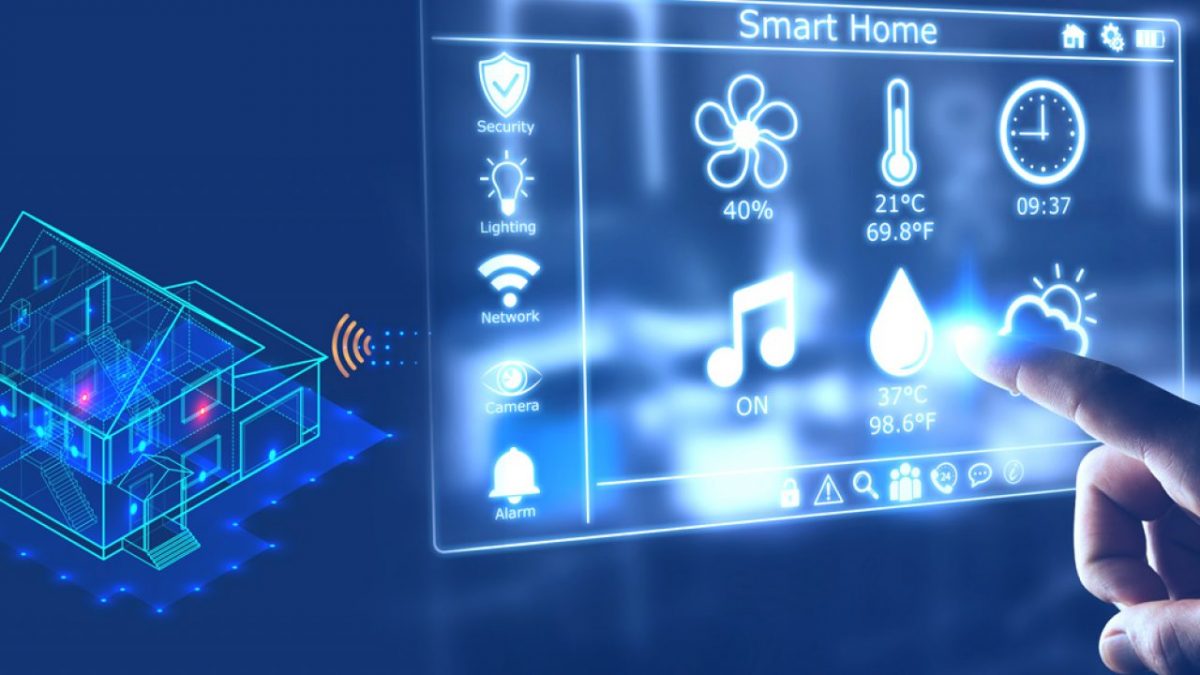In the modern world, where the emphasis on sustainability is growing, AI reducing energy waste at home is becoming a crucial part of the conversation. The integration of artificial intelligence into our everyday lives is not just a futuristic concept; its a present-day reality that offers tangible benefits, especially for homeowners and businesses looking to cut down on energy usage and costs.
With the increasing availability of smart home technology, AI can play a significant role in optimizing energy consumption. By using AI-driven systems, homes can become more energy-efficient, thereby reducing waste and promoting a more sustainable lifestyle. This transition is not only beneficial for the environment but also for the pocketbooks of homeowners.

The Rise of Smart Home Technology
The adoption of smart home devices has skyrocketed in recent years. These devices, ranging from smart thermostats to automated lighting systems, are designed to enhance convenience and improve energy efficiency. For instance, a smart lighting system can adjust the brightness based on natural light availability, reducing unnecessary energy consumption.
Moreover, AI technology can analyze usage patterns and make adjustments in real-time. For example, a smart thermostat can learn the habits of a household and adjust the temperature accordingly, ensuring that energy is not wasted on heating or cooling when no one is home.
AI-Driven Energy Management
One of the most impactful applications of AI in reducing energy waste is through energy management systems. These systems collect data from various devices and appliances within a home and use machine learning algorithms to identify patterns and inefficiencies. By forecasting energy usage and suggesting changes, AI can significantly cut down on waste.
For businesses, this technology can be scaled up to manage larger systems, ensuring that energy is used efficiently across multiple facilities. This not only helps in reducing operational costs but also aids in meeting corporate sustainability goals.
Smart Appliances and AI
Smart appliances, powered by AI, offer another avenue for reducing energy waste. Refrigerators, ovens, and even washing machines now come equipped with AI capabilities that optimize their functions. A smart refrigerator can adjust its cooling patterns based on the frequency of door openings, while a smart oven can recommend cooking times and temperatures to save energy.
This level of optimization ensures that appliances use energy only when necessary, thereby reducing overall consumption without compromising on convenience or performance. For more insights on integrating smart devices, check out this smart home guide.
Benefits for Homeowners and Businesses
The benefits of using AI to reduce energy waste are manifold. For homeowners, the immediate advantage is cost savings. By optimizing energy use, utility bills can be significantly reduced. Furthermore, the reduction in energy consumption contributes positively to environmental conservation efforts.
For businesses, AI-driven energy efficiency can lead to substantial savings on operational costs. It also enhances the corporate image by aligning with green initiatives, which can be a crucial factor in todays environmentally-conscious market.
Challenges and Considerations
While the benefits are clear, there are challenges that come with integrating AI into energy management. Initial costs for smart home technology and AI systems can be a barrier for some. However, the long-term savings and environmental benefits often outweigh these initial investments.
There are also considerations regarding data privacy and security. As with any connected technology, ensuring that data is protected is crucial. Homeowners and businesses must choose reputable providers to ensure their systems are secure.
Conclusion: A Smarter, Greener Future
The potential for AI reducing energy waste at home is immense. As technology continues to evolve, the capabilities of AI-driven systems will only grow, offering even more efficient solutions. For homeowners and businesses alike, embracing this technology is not just a smart choice; its an essential step towards a sustainable future.
For those looking to dive deeper into smart home technology, consider exploring everything you need to know to set up your smart home for a comprehensive overview.

Frequently Asked Questions
1. How does AI help in reducing energy waste?
AI helps in reducing energy waste by optimizing energy consumption through smart devices and appliances. It analyzes usage patterns and makes real-time adjustments to ensure that energy is used efficiently.
2. Are there any upfront costs associated with AI energy management systems?
Yes, there are initial costs involved in setting up AI energy management systems and smart devices. However, these costs are often offset by the long-term savings in energy bills and the environmental benefits.
3. What are some examples of smart home devices that help in energy efficiency?
Examples of smart home devices that enhance energy efficiency include smart thermostats, smart lighting systems, and energy-efficient appliances like smart refrigerators and ovens. For more, visit types of smart home devices.

